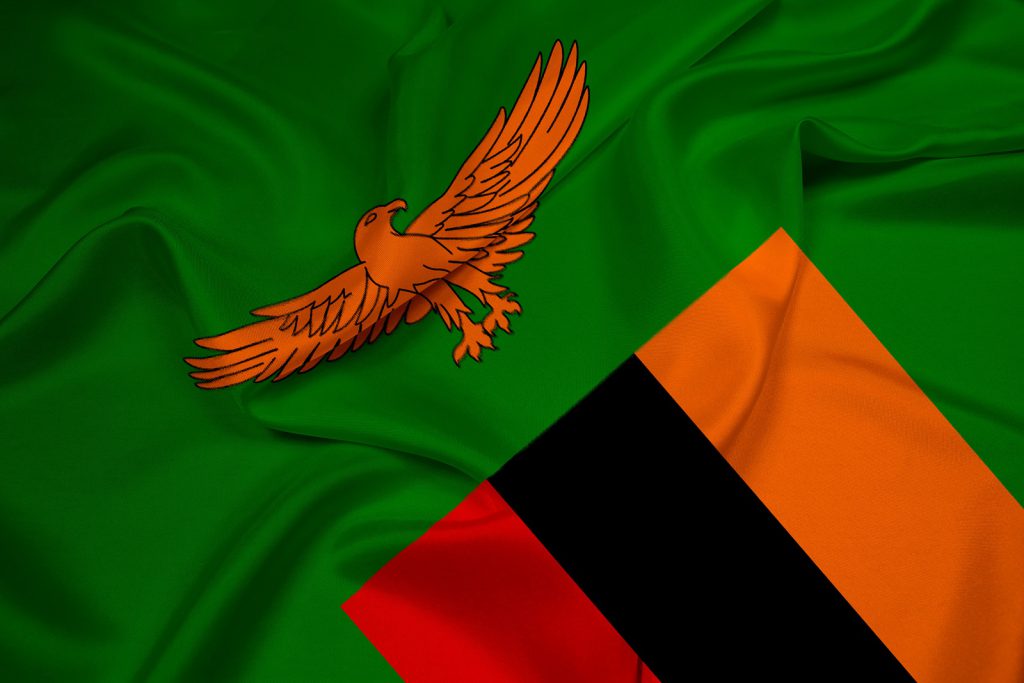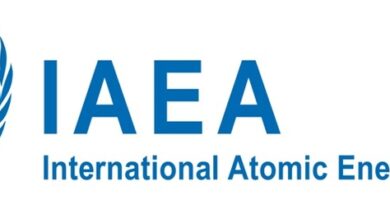Joint CSO Statement on the 2021 Zambia Extractive Industries Transparency Initiative (ZEITI) Report and Mining Governance
In a collaborative effort, Publish What You Pay (PWYP), a coalition of civil society organizations (CSOs) focused on extractive industries, has coordinated over 10 CSOs to analyze the 14th Zambia Extractive Industries Transparency Initiative (ZEITI) report for the financial year 2021. The report, which examines Zambia’s management of natural resources such as oil, gas, and minerals, aims to promote good governance within the sector. Zambia’s commitment to the EITI has led to the production of periodic extractive industry reports, contributing to the initiative’s goals.
The CSOs’ analysis focused on enhancing public discourse and proposing recommendations based on the report’s findings to improve mining sector governance in Zambia. The analysis yielded key thematic observations and recommendations that underline both successes and areas for improvement in the mining sector.
Revenue and Economic Contribution
The ZEITI report highlighted a positive trend in mining revenues, with a notable increase from 14 companies, constituting over 90% of total mining revenues in Zambia. The government collected ZMW36,442 million in extractive revenues in 2021. The mining sector maintained its position as the country’s largest contributor to export earnings, accounting for 77% in 2021. Additionally, the sector contributed 39% to the total government revenue.
However, concerns were raised regarding the sector’s contribution to Gross Domestic Product (GDP), which decreased from 11% in 2020 to 10% in 2021. Recommendations included addressing dormant mines urgently, increasing investment in exploration and geological data, and allocating a higher budget to the Ministry of Mines and Minerals Development (MMMD).
Gender Representation
The report commended the disclosure of gendered employment data by the 14 sampled mining companies. While progress was noted, inconsistencies in data availability and disaggregation limited thorough analysis. The CSOs recommended improved reporting that includes hierarchical and positional gender data for more informed analysis.
License and Contract Transparency
The report highlighted a rise in active mining licenses, particularly in the Small Scale Exploration category, attributed to ASM sector formalization. Despite this, concerns were raised about the absence of a detailed list of active mining licenses and the lack of transparency in the licensing process. Recommendations included enhancing the disclosure of license information and improving the user-friendliness of the Mining Cadastre Portal.
Beneficial Ownership and State Participation
The CSOs acknowledged beneficial ownership reforms but emphasized the need for disclosure of beneficial ownership information by mining companies. The report covered ZCCM-IH’s shareholding in mining and oil companies but noted a lack of audited financial statements for 2021, impacting transparency and corporate governance. Recommendations included pursuing collaboration with relevant agencies to access beneficial ownership information and strengthening corporate governance practices within ZCCM-IH.
Social Payments, Investments, and Environmental Protection Fund
Voluntary social payments were discussed, with a reduction observed in 2021. The CSOs recommended policy and legislative reviews to ensure strategic community investments by mining companies. The disclosure of Environmental Protection Fund payments raised questions about reduced contributions, prompting calls for more comprehensive information to be disclosed.
In conclusion, the CSOs appreciated the strides made by the Zambian government and other stakeholders to enhance governance within the sector. The 2021 ZEITI report was commended for contributing to transparency and accountability efforts. The CSOs’ observations and recommendations are intended to further improve the extractive sector’s governance in Zambia.



